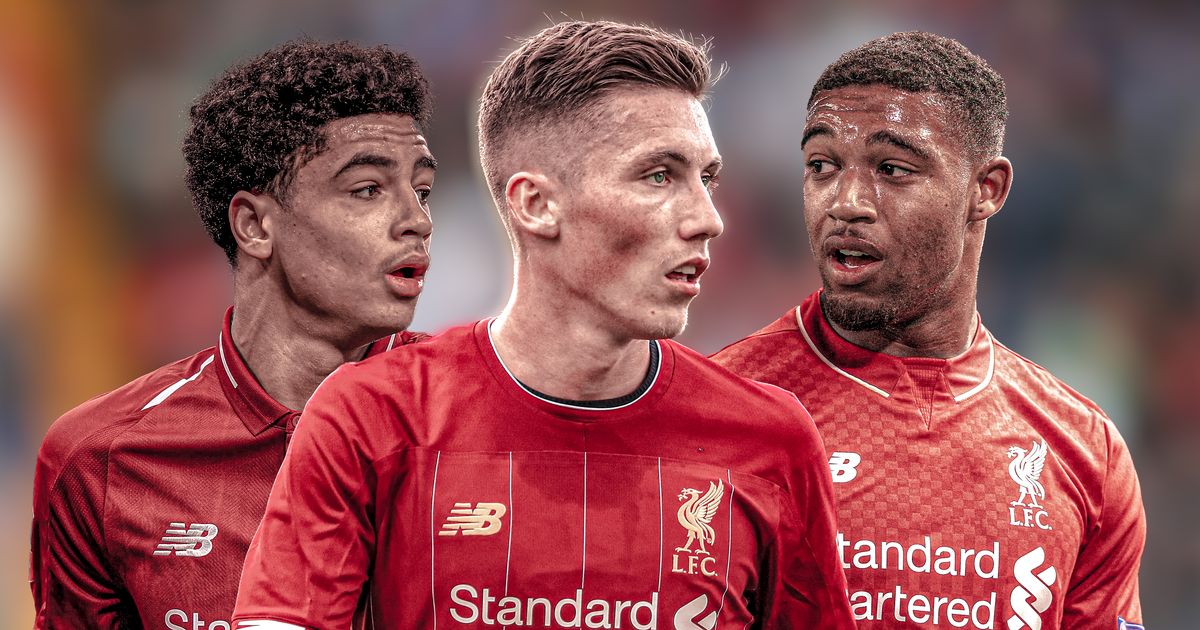
In the high-stakes world of elite football, success is often measured not just by trophies, but by the strategic allocation of vast sums in the transfer market. Few clubs exemplify this financial evolution better than Liverpool under the stewardship of Fenway Sports Group (FSG).
Since taking the reins in 2010, FSG has meticulously overseen Liverpool`s transformation from a slumbering giant to a powerhouse of English and European football. Their tenure has been marked by calculated investments, culminating in a period where record-breaking transfer fees have become a more frequent, if not expected, occurrence. Following a triumphant 2024-25 Premier League season under new manager Arne Slot, the Reds have once again demonstrated their readiness to invest heavily, with the ink barely dry on deals that have redefined the club`s financial ceiling.
The Foundation of Grandeur: When Big Money Became Smart Money
For a club steeped in tradition, the sight of Liverpool breaking transfer records was once an anomaly. Yet, a pivotal shift occurred when the strategic needs aligned with FSG`s growing confidence in the market. The acquisitions of certain players, initially met with skepticism over their price tags, quickly transformed into undeniable masterstrokes.
Consider the summer of 2018, when Liverpool secured Brazilian goalkeeper Alisson Becker from AS Roma for a then-staggering €75.5 million. The murmurs were audible: “A goalkeeper for that much? The very fabric of football is surely tearing.” Yet, Alisson swiftly proved to be worth every single cent, becoming the indispensable last line of defense for a team that would go on to conquer England and Europe. His commanding presence and shot-stopping prowess were foundational to Jurgen Klopp’s tactical masterpiece.
Even before Alisson, in December 2017, the Reds had already raised eyebrows by bringing in Dutch defender Virgil van Dijk from Southampton for €84.5 million. At the time, this made him the most expensive defender in football history. The irony, of course, is that Van Dijk`s arrival instantly solidified a previously porous backline, leading directly to a Champions League triumph and ultimately ending a 30-year league title drought. His influence, leadership, and ability to elevate those around him quickly made his colossal fee seem like a shrewd bargain in hindsight – a testament to the fact that true value often transcends the initial sticker price.
The Evolving Attack: Adapting to Modern Demands
As football`s tactical demands evolved, so too did Liverpool`s focus on attacking reinforcements. The arrival of Uruguayan striker Darwin Nunez from Benfica in the summer of 2022 for an initial €75 million (potentially rising to €85 million with add-ons) underscored the club`s commitment to securing high-potential offensive talent. Nunez, with his raw pace and powerful finishing, became a crucial, albeit sometimes inconsistent, element of Klopp`s fluid attacking system, netting 40 goals across 143 appearances. His future, however, remains a topic of considerable speculation as Arne Slot looks to reshape the squad, a reminder that even significant investments come with performance expectations and strategic flexibility.
The Slot Era: A New Chapter of Ambitious Spending
The dawn of Arne Slot`s tenure has ushered in an even more audacious phase of investment. With the Premier League title already secured in his inaugural season, the club appears intent on building an immediate dynasty, signified by two monumental new signings.
The acquisition of French forward Hugo Ekitike from Eintracht Frankfurt for a reported €95 million signals a clear intent. At just 23, Ekitike brings a blend of youth and proven performance, having scored 26 goals and provided 14 assists in 64 matches for Frankfurt. His impressive expected goals (xG) tally of 21.62 in the Bundesliga last season, ranking him second, suggests a forward who consistently gets into dangerous positions. Slot`s tactical preference for a high-pressing, adaptable attacker capable of operating in both 4-2-3-1 and 4-3-3 formations makes Ekitike a natural fit. The challenge for him, however, will be translating his Bundesliga output to the unforgiving rigors of the Premier League, where goal contribution and conversion rates are scrutinized with clinical precision.
Yet, the crown jewel of Liverpool’s summer spending, and indeed the most expensive transfer in the club`s storied history, is the €125 million capture of German attacking midfielder Florian Wirtz from Bayer Leverkusen. Wirtz is not merely a player; he is considered a generational talent, a creative fulcrum possessing an exquisite touch, vision, and goal threat that belies his young age. His performances for Leverkusen over the past few seasons have cemented his status as one of Europe`s most coveted prospects. This signing is a clear statement of intent from Liverpool – a willingness to break the bank for a player who can redefine their attack for the next decade. The pressure on Wirtz to deliver on such an astronomical fee will be immense, but his undeniable talent offers the tantalizing prospect of a new era of attacking brilliance at Anfield.
The High Stakes of Modern Football
Liverpool`s recent transfer activity underscores a crucial reality of modern top-tier football: sustained success demands substantial financial outlay. From the initially “shocking” fees for foundational players like Alisson and Van Dijk, which now appear almost modest given their impact, to the unprecedented sums committed for talents like Wirtz and Ekitike, FSG’s strategy has evolved with the market. It’s an arms race of talent acquisition, where clubs must not only identify the right players but also be prepared to pay premium prices to secure them.
As the dust settles on another frenetic transfer window, Liverpool`s ambitious investments are clear. They represent not just a commitment to competitiveness, but a calculated gamble that these high-cost, high-potential individuals will be the architects of the club`s next glorious chapter. The ball, quite literally, is in their court.











